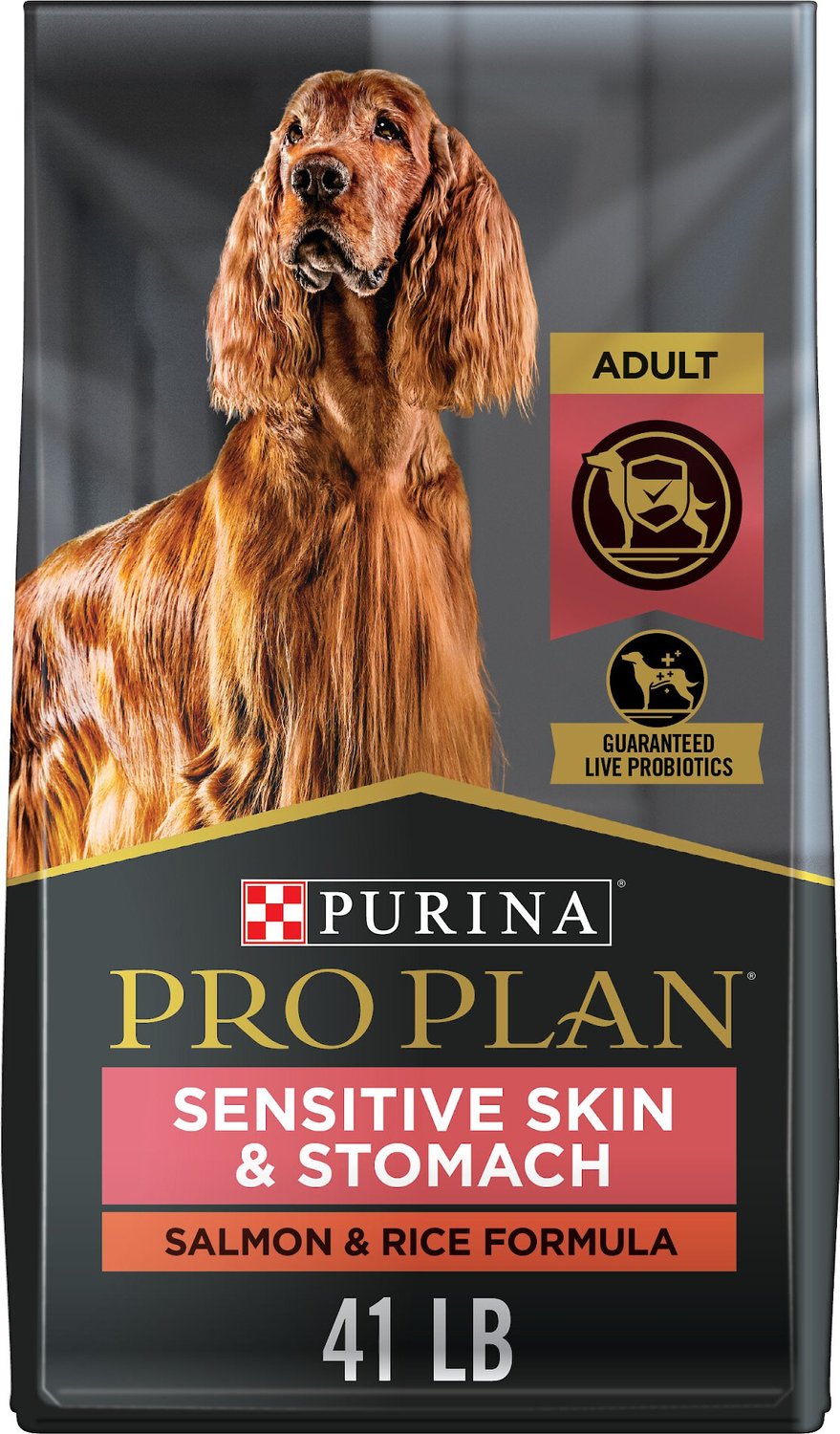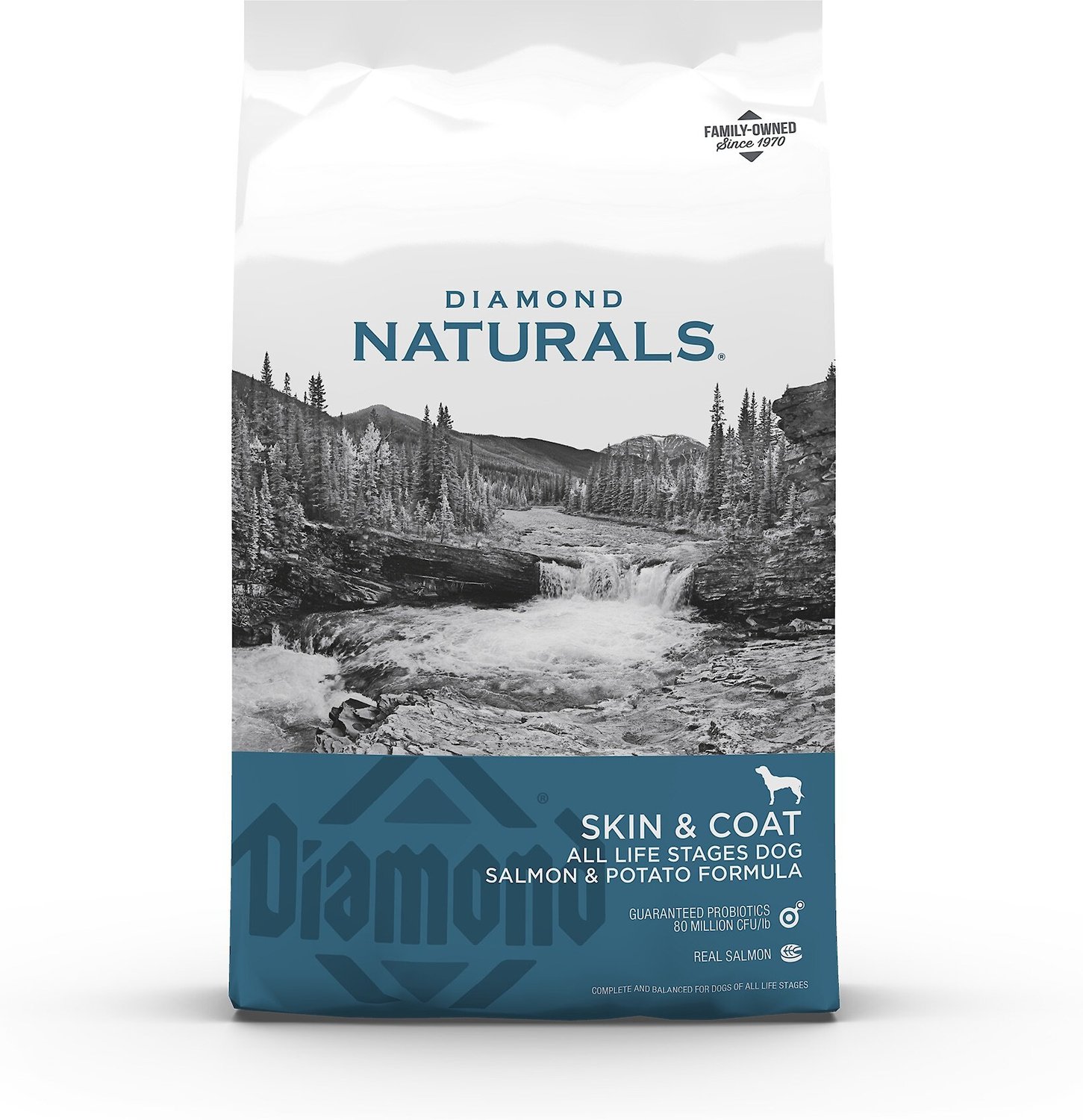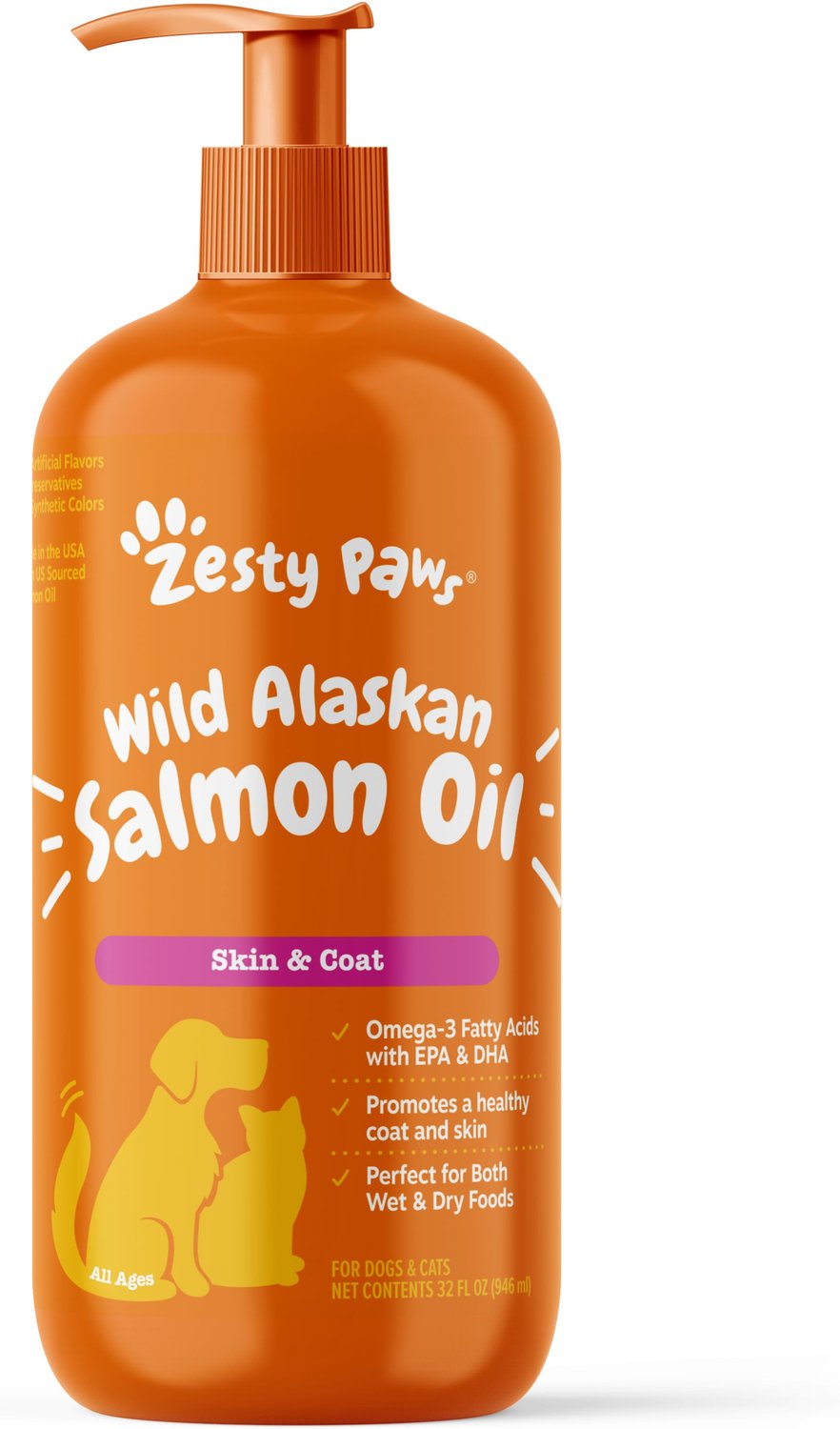How to Keep Your Dog’s Skin & Coat Healthy
Your dog’s coat is protection against the outside world of weather, parasites, and judgment.
Knowing how to keep your dog’s skin and coat healthy can feel intimidating if you don’t know where to start, but it doesn’t have to feel that way.
You’ve likely heard the saying that the best defense is a good offense, and dog skin health is no different. Your dog has specific nutritional requirements that need to be met for well-rounded health. Since most traditional dog foods don’t provide complete nutrition, there are some supplements we’d recommend to take great care of your pup’s skin and coat. We’ll also look at common issues related to your dog’s skin health and our recommendations for how to address them.
Common Issues Related to Dog Coat Health
You dog’s skin and coat health are a good representation of their overall health. Good dog skin health means their skin is smooth, well-hydrated, and not greasy. Their fur should be soft, shiny, and smooth.
If you want to keep your dog’s skin and coat healthy, it’s important to know what health issues to watch out for. This way, you can treat any issues before they become serious problems. Thankfully, most issues are preventable with things like good dog hair care products, while others are easily corrected with the right treatments.
Allergies
One of the top factors affecting dog skin health is allergies. A dog can experience allergies from a number of sources such as their environment (even if it’s just seasonally), their food, or fleas (meaning a reaction to flea bites).
Watch out for signs of excessive scratching or licking as well as hair loss due to frequent scratching. To treat allergies, you’ll need to start by working with your vet to narrow down the source of the allergy.
Parasites
Parasites are frustrating for pet owners. Fleas are common and especially irritating because they can be difficult to get rid of and are miserable for pets (and gross for us). And then you’ve also go the possibility of other parasites such as ticks or mites.
Signs your dog might have a parasite include visible parasites, repeated scratching, scooting, redness, and/or inflammation. Repeated scratching as a result of parasites can cause issues with your dog’s coat health. Your dog’s vet can help you diagnose and treat parasites to give both of you the relief you need.
Infection
Skin infections are somewhat common in the dog health world. However, they’re typically the result of another issue. For example, if your dog has parasites or allergies that cause them to scratch excessively, it can damage their skin and cause an infection. Symptoms of a possible infection include excessive scratching, licking, red or dark skin, hair loss, or peeling/flaking skin. You should see your vet for a diagnosis and treatment if you suspect infection.
Hot Spots
Hot spots are similar to skin infections in that they are often caused by a separate issue. Keep an eye out for red, inflamed skin, open sores, and warm-to-the-touch skin. They can be hidden under fur, so make sure to (carefully) move hair aside to investigate if your dog seems to be giving one spot special attention. Hot spots can be very painful for dogs, so you’ll want to begin treatment immediately as they will worsen over time if left untreated.
Ringworm
Ringworm is a misleading name for this skin condition. It’s not a parasite as some may think, but a highly contagious fungus that presents in circular patches on infected skin. If you see these red patches on your dog, they will need to see the vet for treatment. Ringworm is transmitted through contact with affected skin, so it is possible for humans to contract ringworm from their pets. This is why it’s best to avoid handling the infected area or to wear gloves.
Nutritional Recommendations
A well-balanced diet and the right supplements ensure your dog’s skin health, which also benefits their fur. A dog lacking proper nutrients results in dull, dry skin as well as excessive shedding. While every dog is different and may need a customized nutrient plan, there are some general guidelines to follow.
What to Look For
Your dog needs a properly balanced diet to maintain good dog coat health. While there are a lot of great dog foods that are better for skin & coat health than others, most don’t provide everything your dog needs. This is why we recommend supplementing their diet with nutrients that help fortify their outer layer. Some of the nutrients you’ll want to look for in a dog’s diet for skin and coat include:
GLA
ALA
Omega-3 fatty acids
Vitamin E
Vitamins and choline
Flaxseed/fish oil
Antioxidants
Probiotics
Food Recommendations
If you want to keep your dog’s skin and coat healthy, you need a diet that provides the essentials. This means adequate calories, digestible proteins, healthy carbohydrates, healthy fats, and other nutrients. The key word in this case is ‘digestible’ because nutrients that are not easily digestible, or are lower in quality, are going to be much less effective.
It’s also important to consider the life stage of your pet. For example, puppies need to eat puppy food that’s considered energy dense. This means it is higher in calories than traditional dog food in order to provide puppies with more energy while they play and grow. In contrast, senior dog food typically focuses on lower calories due to the reduced activity you see in older dogs. Plus, it’s common for these diets to include glucosamine and chondroitin to promote joint health.
Our nutrition team took a focused look at foods with a purposeful focus on skin and coat health, and these are a few of their favorites. For additional food recommendations, see our list of dog foods for healthy skin and coat.

Pro Plan Sensitive Skin & Stomach, High Protein Adult Dry Dog Food

Naturals Skin & Coat Formula All Life Stages Dry Dog Food
Product Recommendations
Fish oil is a fantastic addition to any dog diet for several reasons, especially skin and coat benefits. Fish oil helps reduce inflammation, lessening the effects of allergies. Plus, it is filled with Omega-3’s, which are great for your dog’s coat health.
Flaxseed oil is another option to optimize skin and coat health. This has similar anti-inflammatory properties as fish oil, but it also helps control shedding. It’s also great for dogs of all life stages.

Pure Wild Alaskan Salmon Oil for Dogs & Cats

Salmon SkinHealth Snacks Skin & Coat Soft Chews Dog Supplement
Keep Your Dog’s Skin and Coat Healthy
Keeping your dog’s skin and coat healthy starts with being proactive. This means meeting their nutritional needs and keeping an eye out for common signs of skin and coat-related issues.
Start with a good food that gives them the easily digestible nutrients they need, then consider what is missing from their diet. Adding products like fish oil or flaxseed oil can provide your dog with the well-rounded nutrition they need to stay healthy.

